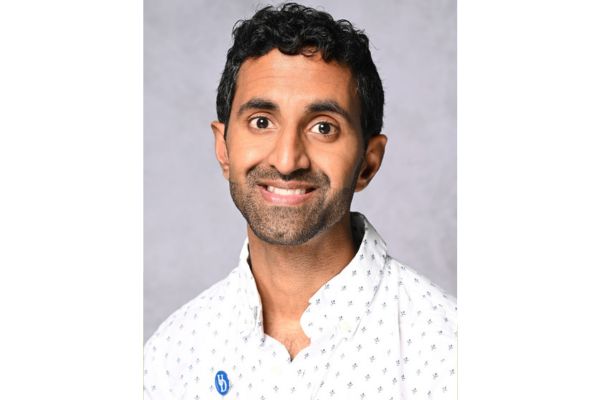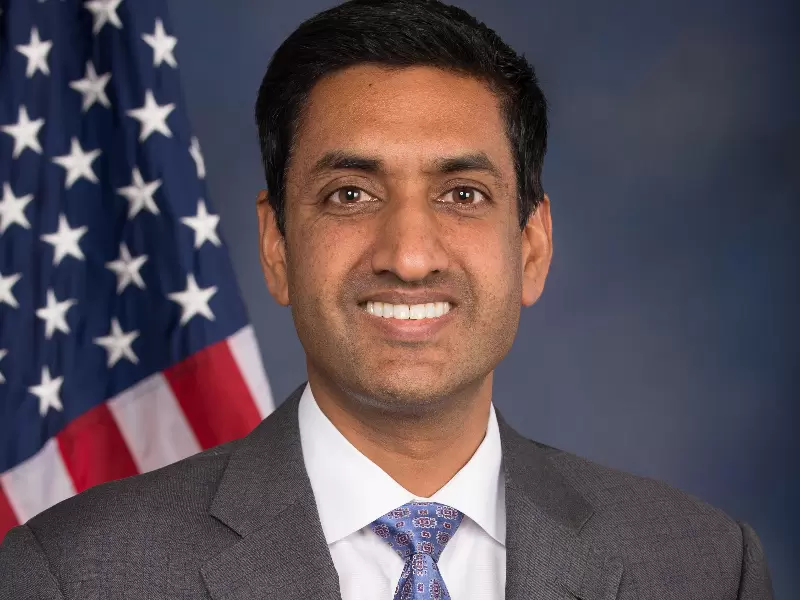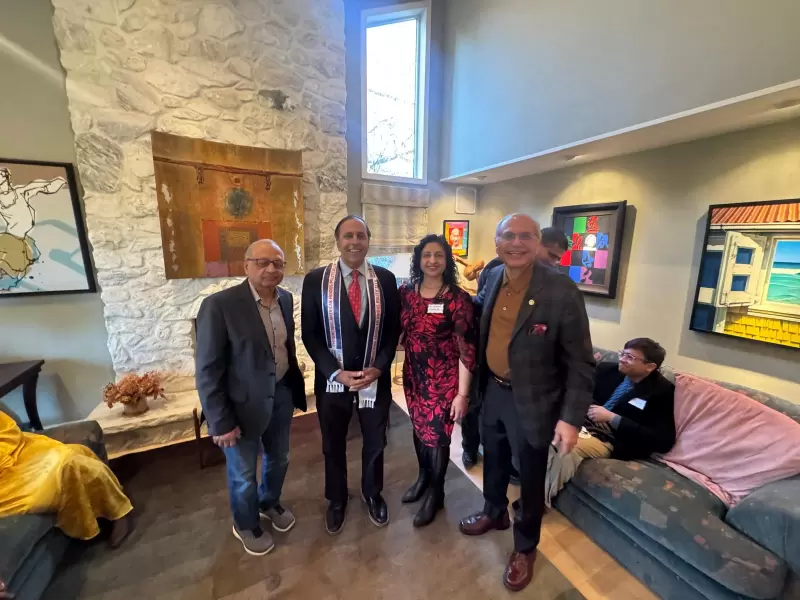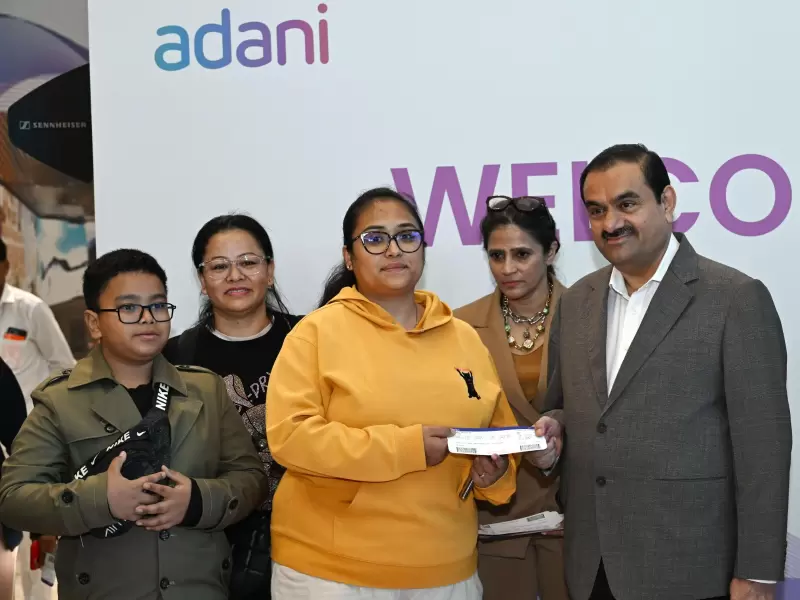Aditya Kunjapur bags BII & Science Prize for Innovation
He was recognized for his research into the future of bacterial vaccines
 Aditya Kunjapur / Image- Kunjapur Lab
Aditya Kunjapur / Image- Kunjapur Lab
Biomolecular engineer Aditya Kunjapur bagged the 2024 BioInnovation Institute & Science Prize for Innovation, that recognizes scientists who deliver research at the intersection of the life sciences and entrepreneurship.
Kunjapur was recognized for his research into the possible future bacterial vaccines, which will have an estimated global market size of $39.6 billion by 2030.
Kunjapur and his team have successfully engineered bacterial cells that incorporate a key amino acid into their own proteins, making them more "visible" to the immune system. According to the researchers the proteins could be used in future to create live bacterial vaccines.
“In principle, the nitro-Phe modified protein produced by the engineered bacteria within a patient would lead to a targeted, sustained, and protective immune response towards bacterial pathogens,” Kunjapur explained.
“Dr. Kunjapur’s outstanding research demonstrates the potential to engineer live bacterial cells to produce and incorporate nitrated amino acids into antigenic proteins, thus shining a spotlight on these proteins for the human immune system,” said Michael Funk, senior editor at Science. “This work provides a platform for antigen engineering that is adaptable, specific, and amenable to safety controls.”
Kunjapur, an assistant professor of chemical and biomolecular engineering at the University of Delaware, engages his students in designing innovative biomolecular technologies to address a variety of societal needs.
He has co-founded Nitro Biosciences, a startup company from the University of Delaware developing a live bacterial vaccine platform to target diseases/antigens normally hidden from the immune system.
Kunjapur received his BS at the University of Texas at Austin and his PhD at the Massachusetts Institute of Technology, both in chemical engineering. He performed post-doctoral research in genetics at Harvard Medical School.
ADVERTISEMENT
ADVERTISEMENT
E Paper
Video




 Avani Acharya
Avani Acharya












Comments
Start the conversation
Become a member of New India Abroad to start commenting.
Sign Up Now
Already have an account? Login